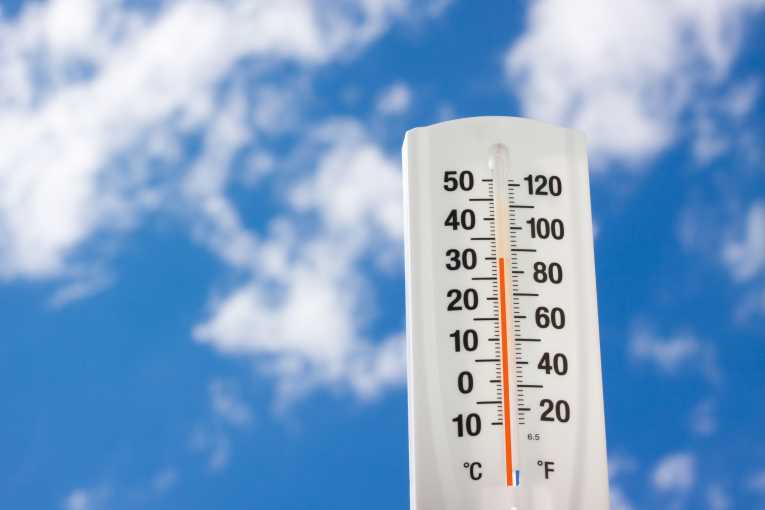Even if world leaders were to do what they failed to do first in Copenhagen and then in Cancun and agree to the most-stringent greenhouse gas emission reduction plans possible, the earth would still get warmer.
That is according to a team of scientists at the University of Washington who believe that, far from being just one of several possible future scenarios, a warmer global climate is now inevitable thanks to the sheer volume of carbon that has been released into the atmosphere since the start of the Industrial Revolution.
Working on the conclusions of a number of models used by the Intergovernmental Panel on Climate Change (IPCC), the US researchers note that the average global temperature is already approximately 1.5 degrees Fahrenheit higher than it was in the mid-nineteenth century.
Furthermore, a significant proportion of the scientific community expect this difference to hit 3.5 degrees Fahrenheit if the rate at which greenhouse gases are being emitted into the atmosphere continues apace, with this level seen by many as the threshold beyond which the real damage to the earth and its inhabitants will be done.
And while overseeing a reduction to the current rate of emissions may alleviate this, the UW team believe their research shows even drastic action will not stop the inevitable from happening. In fact, they warn that, even if all the world's factories were shut down or every car was taken off the roads tomorrow, temperatures would remain above pre-Industrial Revolution levels for several centuries, if not millennia.
The problem, as they point out in their paper in the journal Geophysical Research Letters, is that significant amounts of greenhouse gases are already present in the earth's atmosphere, with these set to trap the sun's natural heat for centuries to come. What's more, cutting back on pollutants could even be detrimental, particularly when it comes to aerosols, which can serve to counteract the effect of greenhouse warming by reflecting sunlight back into space.
However, as lead researcher Kyle Armour explains, this isn't necessarily an argument in favour of the ongoing emission of aerosols into the environment. It is, however, an ''argument that we should be smart in how we stop emitting,'' he says. ''It's a call to action because we know the warming we are committed to from what we have emitted already and the longer we keep emitting the worse it gets''.
What the UW expert is referring to here is what is known in scientific circles as 'climate commitment'. That is, the degree to which we have already committed the planet to an inevitable period of temperature rises. On the plus side, as this latest report acknowledges, the role aerosols play in regulating the greenhouse effect remains one of the biggest mysteries in the field of climate change science. However, such uncertainties do not lessen the importance of this study or others like it. Quite simply, climate change will happen, only the degree to which it does is still up for debate.










